Resolution #427
 |
The question of the human rights implications of AI and surveillance technologies. |
| Committee: SOCHUM | |
| Main Submitter: Greece | |
| Submitted: 14/02/2025 21:07 |
| Status |
|---|
| Passed cosubmitter sheet validation |
| Approved by approval panel |
| Selected for debate by secretariat |
| Passed by committee (SOCHUM) |
| Chosen for debate in General Assembly |
| Passed by General Assembly |
Committee Voting
| For: | 48 |
| Against: | 1 |
| Abstentions: | 8 |
General Assembly Voting
| For: | 46 |
| Against: | 18 |
| Abstentions: | 3 |
Options
Co-submitters
 | Albania |
 | Germany |
 | Lebanon |
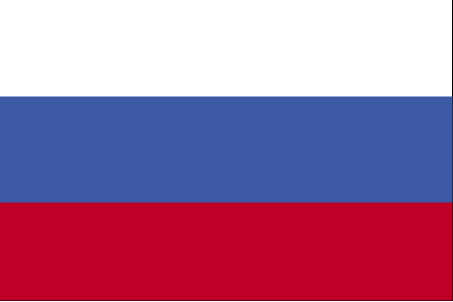 | Russian Federation |
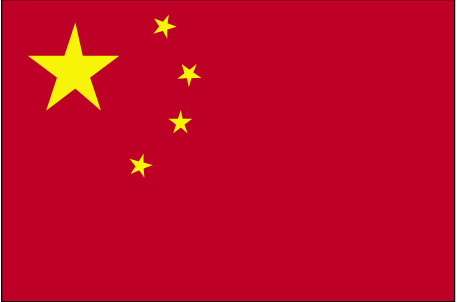 | China |
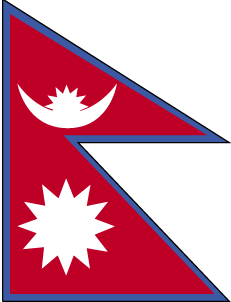 | Nepal |
 | Italy |
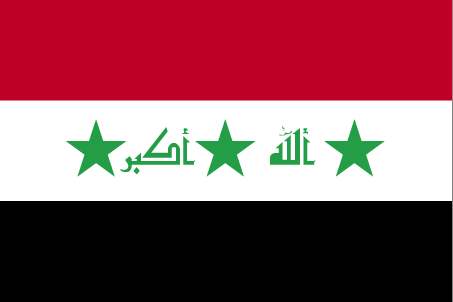 | Iraq |
 | Finland |
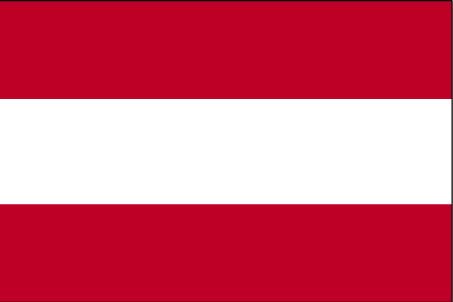 | Austria |
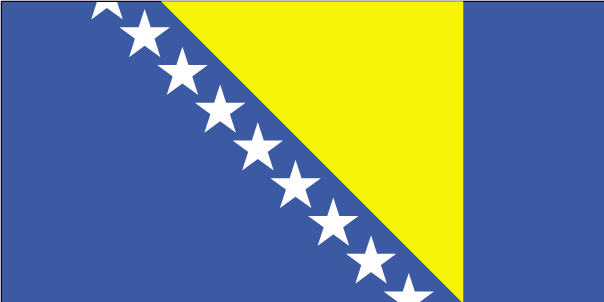 | Bahamas |
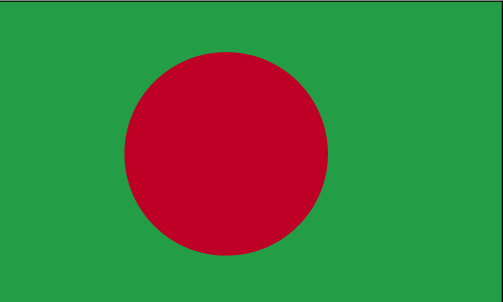 | Bangladesh |
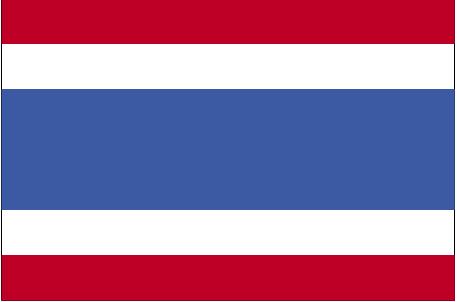 | Thailand |
Resolution
TQO: Human Rights Implications of AI and Surveillance Technologies
FORUM: Social, Humanitarian & Cultural Committee (SOCHUM)
SUBMITTED BY: Greece
CO-SUBMITTED BY: Albania, China, Finland, Germany, Iraq, Italy, Russian Federation
THE GENERAL ASSEMBLY,
Welcoming Member States, international organisations, and private sector stakeholders to uphold ethical AI principles, and promote inclusive governance mechanisms,
Highlighting the necessity of a human-centric approach to AI governance that prioritises fairness, non-discrimination, and the protection of vulnerable communities,
1. Requests the formation of a new UN sub-body, the United Nations Committee on Surveillance Technologies (UNCOST), to actively work towards the regulation and ethical monitoring of artificial intelligence and surveillance systems with the objective of protecting human rights such as but not limited to privacy and non-discrimination rights, to work in conjunction with the International Telecommunication Union (ITU), the United Nations Development Programme (UNDP), the United Nations Human Rights Council (UNHCR) and all other relevant NGOs or state agencies which will hold the following responsibilities:
a. Compiling a biannual report detailing all instances of compliance and non-compliance from member states regarding ethical standards, international privacy legislation and human rights laws aswell as monitoring the development of AI’s involvement in surveillance technologies to be reviewed for any further measures to be taken aswell as the implementation of any necessary preventative legislation that will be discussed and decided on by:
i. The Security Council
ii. The Universal Periodic Review (UPR)
b. Working in conjunction with relevant experts, and organisations in order to review advanced analytics to identify patterns of abuse, such as disproportionate targeting of marginalised communities or unauthorised data sharing, to further ensure the privacy and non-discrimination rights of individuals
c. founding a specialized working group composed of AI experts, law professors specifically competent in legal frameworks linked to AI technologies, representatives from member states and surveillance innovations
d. encouraging hereby working group to discuss and advise on certain red lines and limitations to points that intersect both AI technology and human rights in order to barricade any misuse of this technology that may undermine the right to privacy and other human rights norms;
2. Encourages the creation of regulatory frameworks and international standards by utilising recommendations from both the biannual conference mentioned in clause 3 and the UNCOSS to be implemented within willing member states that will set out clear ethical boundaries for the use of surveillance technologies and AI’s involvement in these technologies by enhancing transparency to promote responsible development regarding this issue through measures such as but not limited to:
a. Referring to the Security Council to utilise suggestions made from UNCOST and implement a periodic legislative review system to assess whether existing surveillance laws and frameworks continue to meet ethical and transparency standards
b. The creation of a secure data retention and reporting mechanism that would be designed to allow third-party experts and oversight committees, such as the UNCOSS and the UNHCR, to review long-term trends in AI development and surveillance activities and assess whether surveillance powers are being misused
c. Promoting community involvement programs and consultation processes to ensure that the voices of affected communities are included in decisions regarding the use of AI in surveillance technologies;
3. Recommends convening a bi-annual Conference to be held in Geneva, Switzerland for International Dialogue on the Usage of Databases on the Efforts of Surveillance (CIDUDES), as suggested from the policy recommendation section of the “Science-Policy Brief for the Multistakeholder Forum on Science, Technology and Innovation for the SDGs, May 2024”,:
a. invites database analysts and surveillance experts who have no correlations with any political groups, representatives from non-profit organisations linked with advanced AI technologies such as the Algorithmic Justice League, Spokespersons of pioneering technology companies which invested in AI technologies, delegates of governments forefront of AI technology development
b. establishes cooperation with aforementioned parties to resolve such problems including but not limited to, how to utilize such databases to ensure the safety of peoples in member states without risking any compromising of data that has confidentiality;
4. Urges member nations to implement comprehensive and reliably anonymous frameworks with the aid of funding from the World bank, to allow for whistleblowing and the provision of key information regarding people, states or organisations believed to be guilty of unfair or improper surveillance that breaches privacy rights aswell as other human rights or ethical standards, with the inclusion of a whistleblower protection plan to be availed of when necessary through means including but not limited to:
a. Providing a secure and anonymous whistleblower hotline to allow safe reporting of incidents relating to this issue with the safety of whistleblowers being prioritised
b. Protecting any whistleblowers in the unlikely case that their identity becomes known through measures including but not limited to providing police or guard protection to known whistleblowers;
5. Further calls for UCOST to initiate and work with relevant UN bodies regarding the development and the use of AI in warzones to harm or infringe on human rights and to enact global initiatives with the aims of reducing such uses and development of such AI and to counteract the damage caused by them, through means such as but not limited to:
a. for the UNCOST to work in conjuntion with member states to routinly investagate and evaluate the use and devolopemed of AI with the goals of warefare and to share information globally regarding the unfair and devolopemtn of AI regarding warefare and for the information gathered to be added to the biannual report
b. the creation of open dialogue and comunication between all member states facilatated by SOCHUM with aid from the DISEC committee and any other relevant UN groups regarding the use and development of AI systems for war which harm or infringe human rights and to create clear systems to stop such occurrences and for this discussion to also be conducted in the aforementioned bi-annual conference
c. for UNCOST to devolop programs and initatives with aid from the UNHCR and DISEC as well as any other relevant UN bodies, to provide aid to member states and comunities who have been directly effected by the use of AI in active warzones through the means of but not limited to legal aid, medical aid and any other aid deemed neccessary by the UNCOST.